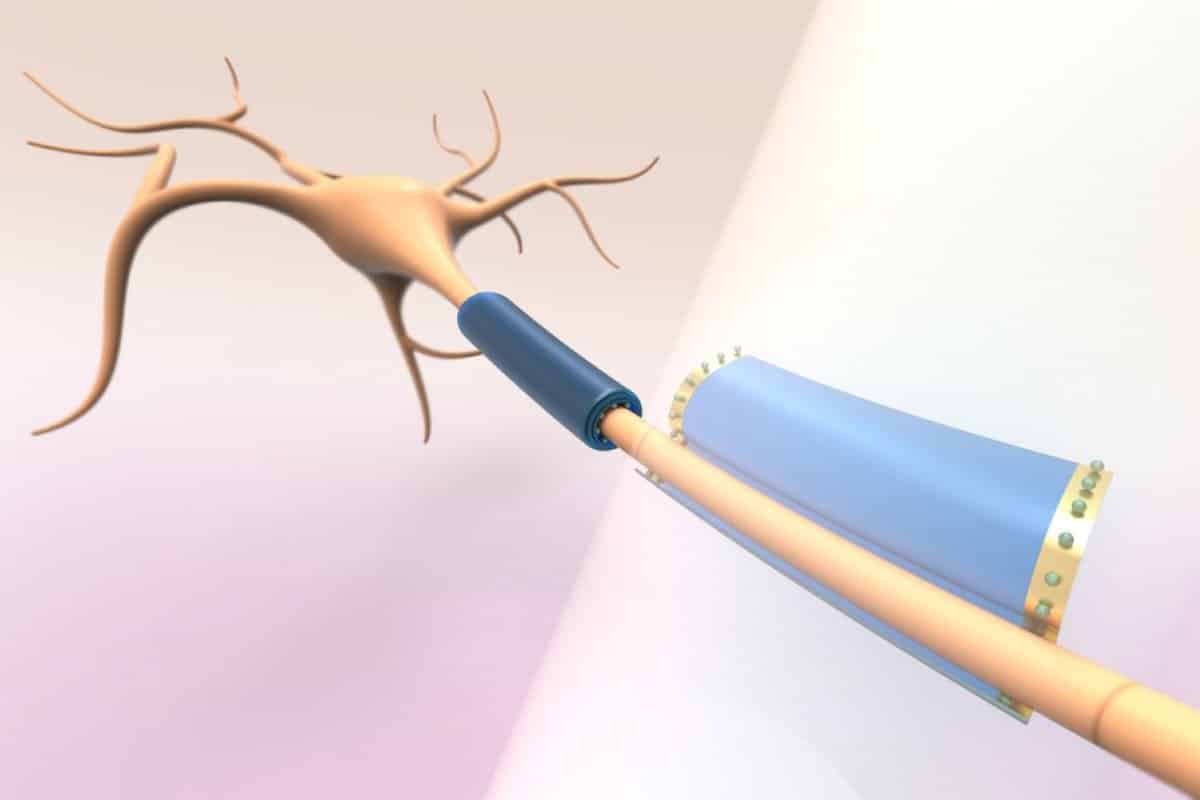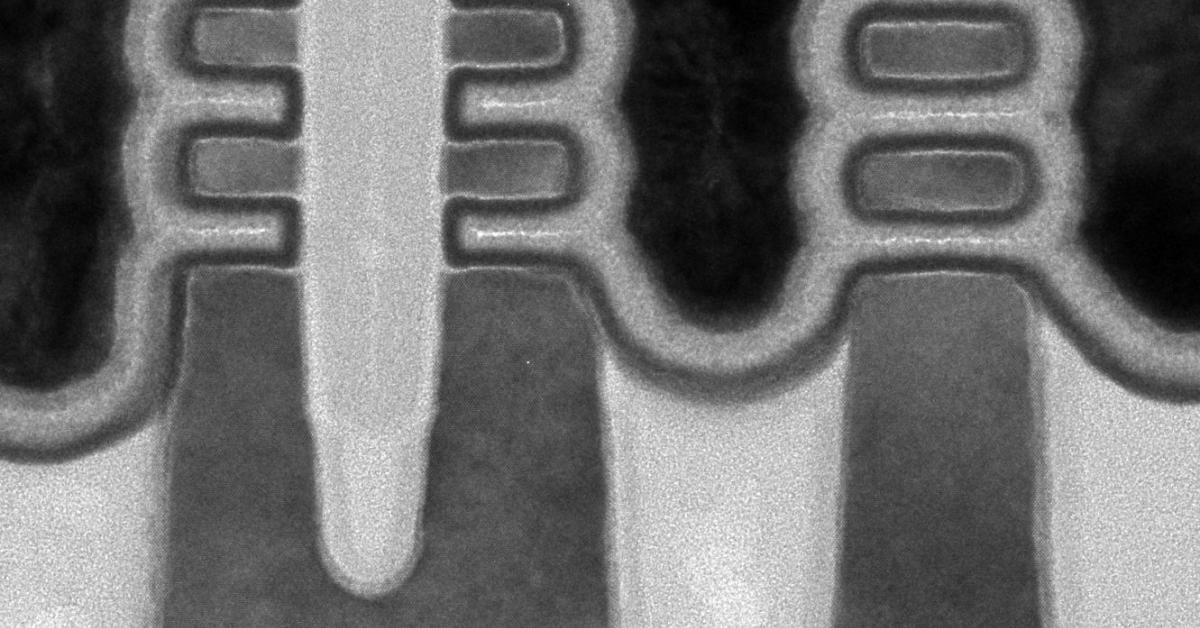
Researchers Create Cell-Level Wearable Devices to Restore Neuron Function
Summary: Researchers have developed tiny, wireless devices capable of wrapping around individual neurons, potentially aiding in the treatment of neurological disorders like multiple sclerosis.
These devices, made from a soft polymer, roll up snugly around cell structures when exposed to light, allowing precise measurement and modulation of cellular activity. As they’re battery-free and actuated noninvasively by light, thousands of them could be deployed in the body simultaneously.
This groundbreaking approach could restore neuron function by acting as synthetic myelin for damaged axons. Future applications may include integrating circuits for neuron monitoring and treatments. The research points toward a novel direction in creating minimally invasive neural interfaces.
Wearable devices like smartwatches and fitness trackers interact with parts of our bodies to measure and learn from internal processes, such as our heart rate or sleep stages.
















